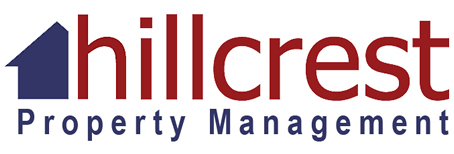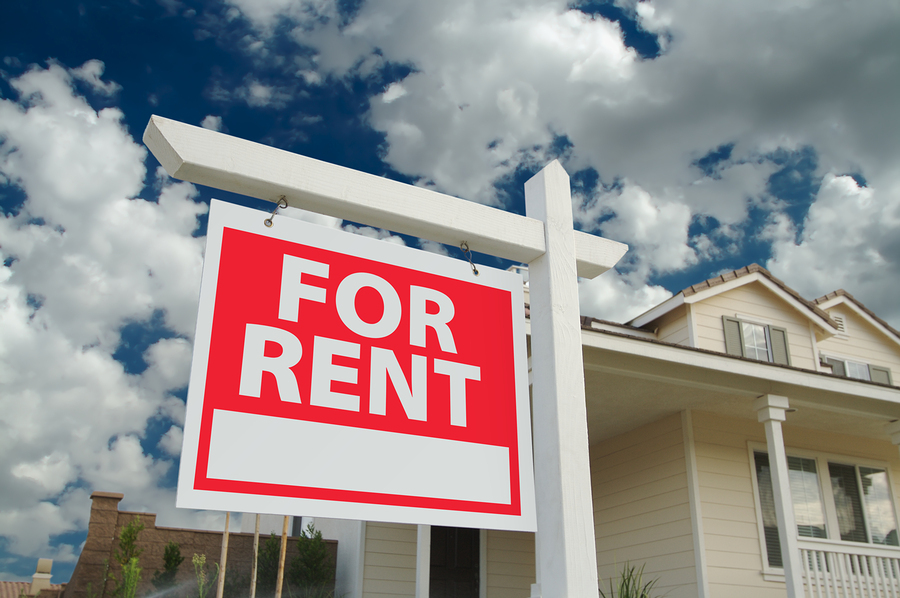Many sellers face a predicament: they cannot sell their homes because after real estate commissions and fees as well as closing costs, there won’t be enough money to pay off the home loan. Many sellers are also stuck in a market with too much competition and no real demand. In cases like these, a lease option, a rent to own opportunity or a lease purchase might work well for you.
There is a large demand for lease options, rent to own properties and lease purchases. The economic downturn has caused many good people to lose their homes and these past homeowners really want to own again. They may not qualify for traditional loans for a few years. Consult your attorney before you enter into one of these situations, and make sure you know what risks come with such opportunities.
Lease Option or Rent to Own
Just as if you were renting out your property, you will be a landlord, or you’ll have a good property management company taking care of the property professionally. You will grant the tenant an option to buy the property at a pre-determined price during the lease term. Typically, you will do a one to three year lease with the tenant’s option to buy the house expiring at the end of the lease. This is just an option to the tenant so there is no obligation to buy; they could choose to live there as a tenant and move at the end of the lease period.
There are a number of benefits to such a situation. The current demand for lease options greatly exceeds the supply of lease options, so the people seeking these types of properties have less leverage than the property owners who provide them. You can usually get someone to agree to a higher price than a buyer who is looking to purchase the home right away. Both you and your lease option tenant will benefit from the property increasing in value before the option expires. When you find a good tenant, the rental income will cover your mortgage payment and even if the tenant doesn’t end up buying, after the lease period the market may have improved and you’ll be in a better position to close on a traditional sale. Like any other lease, any net income you receive from the rental will be partly, if not fully, offset by the depreciation deduction, thereby giving you “tax-free” income. If this property does not produce income and you have other passive gains, the depreciation from this transaction may help reduce taxes owed. Talk to your CPA about these details.
You have the same risks as you would with any other rental property. If you don’t have good tenants, they may stop paying rent. Depending on how aggressive you are, and how cooperative (or not) your tenant is, this could result in the tenant being in the property for many months without paying you. You’ll need to be completely up to date on tenant law and the statutes regarding lease options. The tenant could also damage the property or not maintain it. Working with a professional management company can offset this risk since they do regular inspections. There’s also the risk that the tenant may not buy, leaving you at the end of the lease where you are today, with an empty property that isn’t sold. However, depending on the terms of your lease option, if you required “option money” (a payment by the tenant for the right to buy the property at a later date, usually a modest amount, maybe 1% – 3% of the price which applies to purchase if they buy but you keep if they don’t) then you get to keep the option money as a little “bonus” to the rent paid.
The tenant may fully perform on the lease as well as get themselves in shape financially to get financing, and still be willing to pay the option price when they are ready to buy only to find out that the appraisal comes in beneath the option price because the market is still not where you want it. This could leave you with the choice of taking the lower price, or ending up back where you started with an empty, unsold property.
Lease Purchase
The difference between a lease purchase and a lease option is that the tenant is obligated to buy the property. The closing period is stated in the lease purchase. The pros and cons of this method are the same as with lease options we discussed, with a few differences.
On the plus side, the tenant is obligated to buy the property from the start. So, assuming they honor their contractual obligation and all contract contingencies are satisfied, this results in a sale. This means the tenant will likely be more committed to taking care of the property.
On the down side, logic would tell you that if the tenant was already in a financial position to be able to secure financing, they would go ahead and buy a property outright to take advantage of the low prices and interest rates. Therefore, anyone doing a lease purchase will likely not be in a position to get the necessary financing. A serious buyer is not going to enter into a lease purchase that is not contingent upon financing. Your buyer will want all the rights and protections they would have if they were buying the home right away. That means building inspections, surveys and other contingencies. Be prepared to negotiate.
Minimizing Risk
Tenant selection is critical. You want to make sure you have thoroughly evaluated the tenant you are considering doing a transaction with to make sure you are aware of their credit and finances. You need reason to believe that they will be eligible for financing by purchase time. Use a third-party to screen your tenant. They will run credit, do criminal checks, verify previous landlords and then produce a report with their findings. You can also require that the tenant meet with a loan officer for a mortgage company or bank to get “pre-approved” for mortgage financing. Realistically, they won’t be in a position now to obtain financing but this exercise, if done by a competent loan officer, should result in a clear road map for you and your buyer.
We recommend that you require option money. Something in the 1%-3% range is probably reasonable. Collect a one month security deposit as you would on a lease and require the first month’s rent be paid in full.
Always consult with an attorney before entering into a legal agreement such as a lease option or a lease purchase. If you have any questions, contact us at Hillcrest Property Management, and we’d be happy to walk you through the process.

